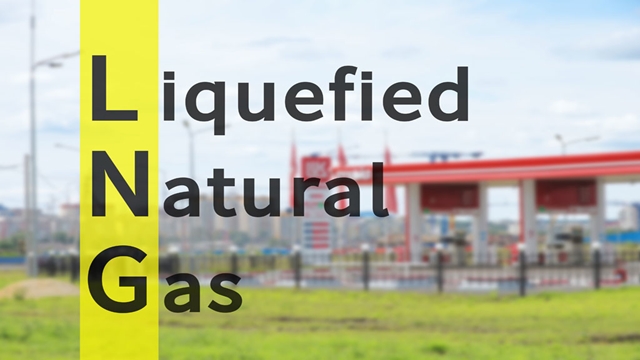SAM
Published:2018-03-31 20:12:02 BdST
Deals with Swiss, Omani firms likely to bump up LNG import
FT ONLINE
The government has moved to sign two more agreements with the LNG suppliers to ensure the import of 2.25 million tonnes of liquefied natural gas ahead of the arrival of the floating unit.
Energy and mineral resources division under the ministry of power, energy and mineral resources will place a proposal to the cabinet committee on government purchase next week to win a formal approval for signing the sales and purchase agreements, said a senior official.
The suppliers are Switzerland-based privately-owned AOT Energy AG and Oman's state-run Oman Trading International.
State-run Petrobangla initialed a deal with AOT Energy to import 1.25 million tonnes a year of lean LNG for 15 years in late January.
It also initialed a deal with Oman's state firm to import 1.0 million tonnes of lean LNG for 10 years in late January.
With the deals, Bangladesh's total LNG import quantity in pipeline would reach 4.75 million tonnes including the agreement with Qatar's RasGas to import 2.5 million tonnes of lean LNG.
Last year, Petrobangla struck memorandam of understandings with both firms to imports LNG.
Petrobangla has planned to ink the deal with the privately-owned AOT Energy AG, which will be under the Speedy Supply of Power and Energy (Special Provision) Act 2010 bypassing tender. The law has a provision of immunity to those involved in the quick-fix remedy.
The agreement with the Omani OTI would be inked under the government to government arrangement, said the official.
Under the already initiated deals, the LNG prices have been set in line with the three-month average Brent crude prices, said managing director of state-owned Rupantarita Prakritik Gas Company Ltd (RPGCL) Md Quamruzzaman.
The LNG price would, however, be lower than that of RasGas's, he indicated.
RPGCL, a wholly-owned subsidiary company under Petrobangla, is in charge of the country's LNG purchases.
Petrobangla inked the maiden agreement with Qatari RasGas to buy 2.5 million tonnes a year of lean LNG over 15 years last September.
During the initial five years of the deal, RasGas will supply 1.8 million tonnes annually of LNG, which will increase upto 2.5 million tonnes a year over the next 10 years, said a senior Petrobangla official.
The purchase price has been set at around 12.65 per cent of the three-month average price Brent crude oil plus US$0.50 constant per MMBTu (per 1 million British thermal units), he said.
If Petrobangla has more demand during the first five years, it can increase the LNG import volume to 2.5 million tonnes a year and during the next 10 years Petrobangla has the option to reduce the amount by 10 per cent every year, according the terms of the deal.
If Bangladesh takes less than the base amount of LNG, in any year, it will have to pay the price on a take-or-pay basis.
The government is expecting the arrival of its first LNG cargo on April 23 and its commissioning on April 25.
The country's LNG import is expected to hit 10.7 million tonnes a year by 2023.
Bangladesh will be receiving LNG in floating terminals and its first LNG import terminal, a 3.75 million tonnes a year.
The Floating Storage and Re-gasification Unit being developed by the US-based Excelerate Energy, is expected to be commissioned in April.
Developed by Summit Group, the second such unit with a capacity of 3.75 million tonnes annually is expected to be commissioned by October.
The country is in negotiations with four other suppliers for long-term deals and is also eyeing short-term and spot purchases with a dozen more firms.
Rising LNG imports will help bridge the gap between the country's current gas production of around 2,700 million cubic feet a day and domestic demand of around 3,300 million cubic feet daily.
According to a study by Copenhagen-based Ramboll, Bangladesh's existing gas reserves of around 12 trillion cubic feet are likely to dry up by 2038, if no new exploration and discovery take place.
The share of LNG in the country's natural gas supply will grow from 17 per cent in 2018 to 40 per cent in 2023, 50 per cent in 2028, and 70 per cent in 2041, as a result, Ramboll said.
Unauthorized use or reproduction of The Finance Today content for commercial purposes is strictly prohibited.


